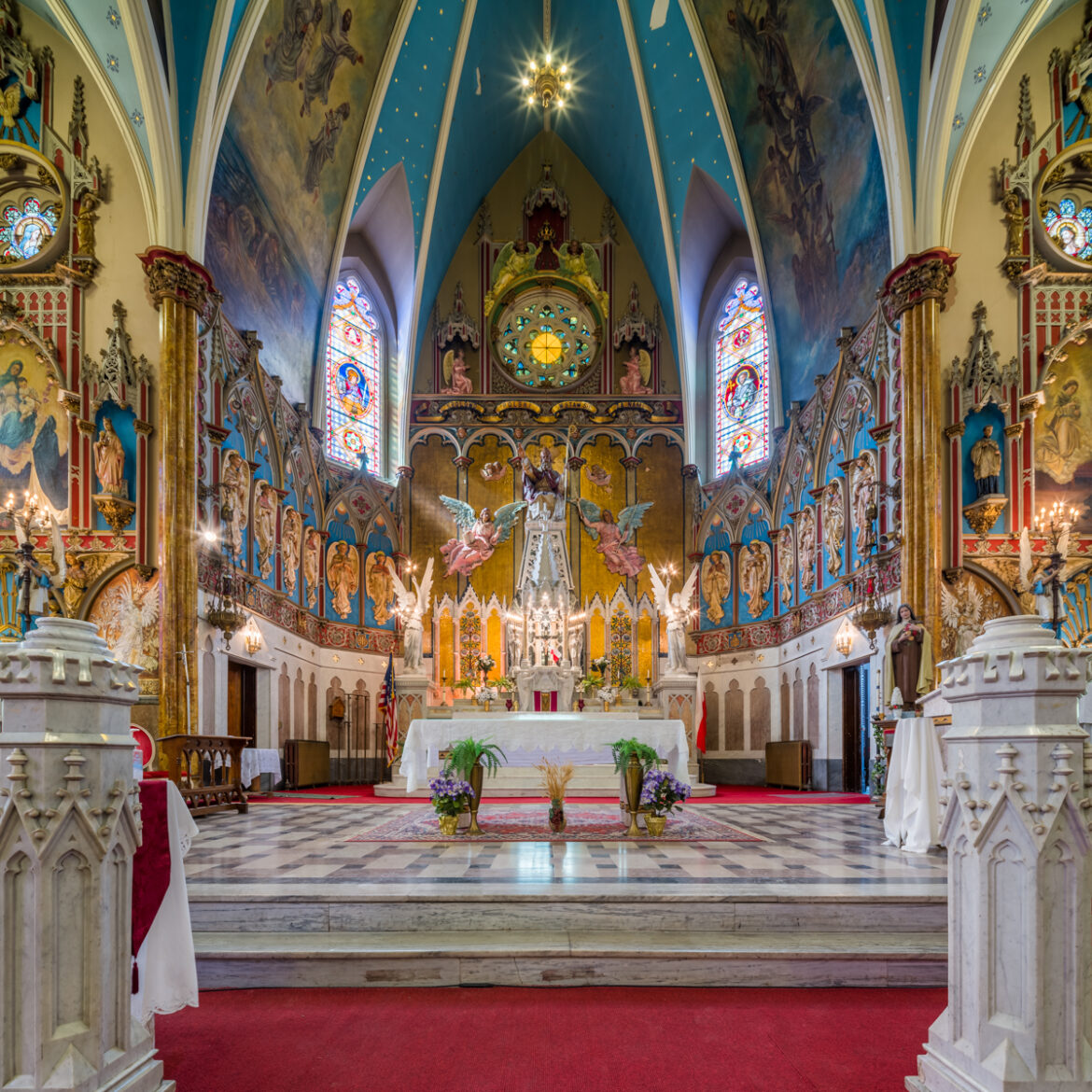In the landscape of Christianity, the relationship between different denominations is both complex and multifaceted. Among these denominations, the Church of England and Roman Catholicism often draw comparisons that can lead to misconceptions and queries regarding their identity and standing in the global Christian community. A common question arises: Is the Church of England Roman Catholic? The answer, although seemingly straightforward, is layered with historical significance and theological distinction.
The Church of England, established during the 16th century, emerged in a period known as the English Reformation. This ecclesiastical movement sought not only to reform the practices and doctrines of Christianity but also to assert the independence of the English church from the papal authority of Rome. The roots of this split can be traced back to King Henry VIII, whose desire to achieve an annulment from his marriage led him to reject the authority of the Pope and subsequently, the Roman Catholic Church. Thus, the Church of England was born, heralding a new chapter in the annals of Christian worship and governance.
Despite this historical schism, one cannot overlook the fact that the Church of England retains many Roman Catholic traditions. For instance, both churches adhere to the Nicene Creed, practice the sacraments of baptism and communion, and uphold the significance of the Apostolic tradition. This resemblance often causes confusion for many congregants and observers alike, prompting the need to elucidate key differences that define the Church of England’s identity.
One of the fundamental distinctions lies in the issue of authority. In Roman Catholic doctrine, the Pope is regarded as the supreme spiritual leader, endowed with divine authority supposedly granted by Christ Himself. Consequently, adherence to Papal decrees and canon law is imperative for members of the Roman Catholic Church. Conversely, the Anglican Communion, of which the Church of England is a cornerstone, delineates authority differently. The Archbishop of Canterbury holds a position of spiritual leadership, yet does not possess the same level of authority as the Pope. The Church of England emphasizes a model of governance known as synodical governance, where decisions are made collectively, and scripture, tradition, and reason are given prominence in theological discourse.
Theological differences further accentuate the divergence in their identities. The Roman Catholic Church is characterized by a sacramental and hierarchical understanding of grace. For many Catholics, the seven sacraments serve as conduits of divine grace, each integral to the spiritual journey and ultimate salvation. In contrast, the Church of England recognizes two primary sacraments—baptism and Eucharist—while viewing others as expressions of faith rather than necessary means of salvation. This theological perspective resonates with the Anglican principle of “via media,” or the middle way, which seeks a balance between the extremes of Protestant reform and Catholic tradition.
Moreover, the role of Mary and the saints presents another point of contention. In Roman Catholicism, the veneration of Mary as the Mother of God, alongside the communion of saints, is deeply rooted in devotional practices. The Rosary, Marian feasts, and the asking for intercessions are commonplace among Catholic believers. The Church of England, however, honors Mary and the saints but does so with a diminished emphasis on their intercessory roles. The Anglican liturgy expresses reverence but refrains from the kind of adoration shown in Catholic practices.
The ecclesiastical and liturgical practices of the Church of England are also reflective of its distinct identity. Anglicans are known for their diverse approach to worship, encompassing various styles ranging from high church liturgy, rich with ceremonial and sacramental significance, to low church services that prioritize preaching and scripture. The Book of Common Prayer, a pivotal text within Anglican worship, encapsulates the liturgical heritage of the Church of England while allowing for adaptability and contextualization in practice.
Another intriguing aspect of the Anglican tradition is its understanding of justification and salvation. While both traditions affirm salvation through faith in Christ, the Church of England engages with the doctrine of justification in a manner that highlights the necessity of faith coupled with works. The emphasis on moral living and social justice is resoundingly present in Anglican theology, which often diverges from the Catholic emphasis on faith as the primary avenue for salvation through the Church’s sacraments. This distinction reflects broader cultural and societal shifts, wherein the Church of England often pioneers initiatives promoting social welfare and justice.
One cannot dismiss the impact of the Reformation and subsequent movements on both the Church of England and Roman Catholicism. The growth of puritan influences and the evolution of dissenting sects further fragmented the landscape of Christianity. The resultant dialogues, debates, and, at times, hostilities have shaped perceptions and interactions between the two traditions, leading to both rivalry and occasional reconciliation. Today, ecumenical dialogues promote understanding and cooperation between these streams of faith, providing a platform for shared explorations of doctrine, worship, and sociocultural concerns.
In conclusion, while the Church of England shares historical and theological ties with Roman Catholicism, fundamental differences lie at the core of their respective identities. The nuances of authority, sacramental understanding, scriptural interpretation, and ecclesial governance delineate the Church of England as a distinct entity within the broader Christian narrative. Understanding these differences is critical, not just for Anglicans and Catholics, but for all who seek clarity in the diverse landscape of Christianity. The fascination with these differences stems from a desire to explore the depths of faith, tradition, and communal identity—a journey that continues to evolve through dialogue, reflection, and shared worship.



